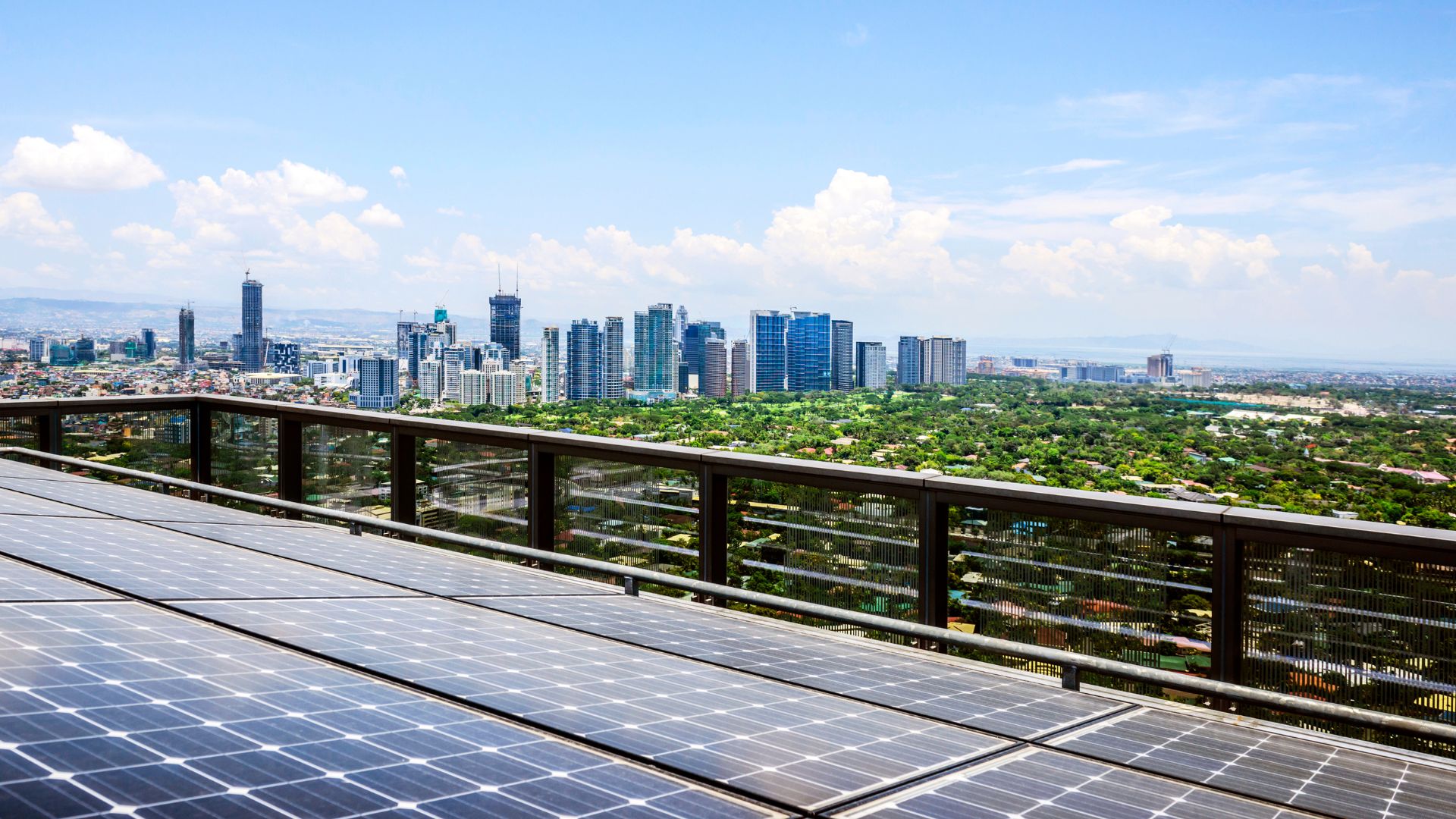The Philippines continues to struggle in attracting meaningful foreign direct investments compared with its regional peers. The ASEAN Investment Report 2025 reveals that while total inflows to ASEAN rose by eight percent in 2024, the Philippines recorded only minimal growth.
Foreign capital entering the country remained concentrated in real estate, outsourcing, and domestic service sectors rather than export-oriented manufacturing. The report explained that these areas create jobs but contribute little to long-term industrial capacity or global value chain participation.
The Philippines has opened more sectors to foreign ownership through recent amendments to investment laws, but implementation has been slow. The report said that investor interest in power, transport, and renewable energy remains tentative because of bureaucratic delays and regulatory uncertainty.
Experts quoted in the report observed that the country attracts service-based investments but has not succeeded in embedding them into industrial ecosystems that create sustained export capacity. The ASEAN Secretariat concluded that without stronger policy coordination, infrastructure modernization, and logistical improvements, the Philippines will remain an underperformer in the regional competition for capital.










